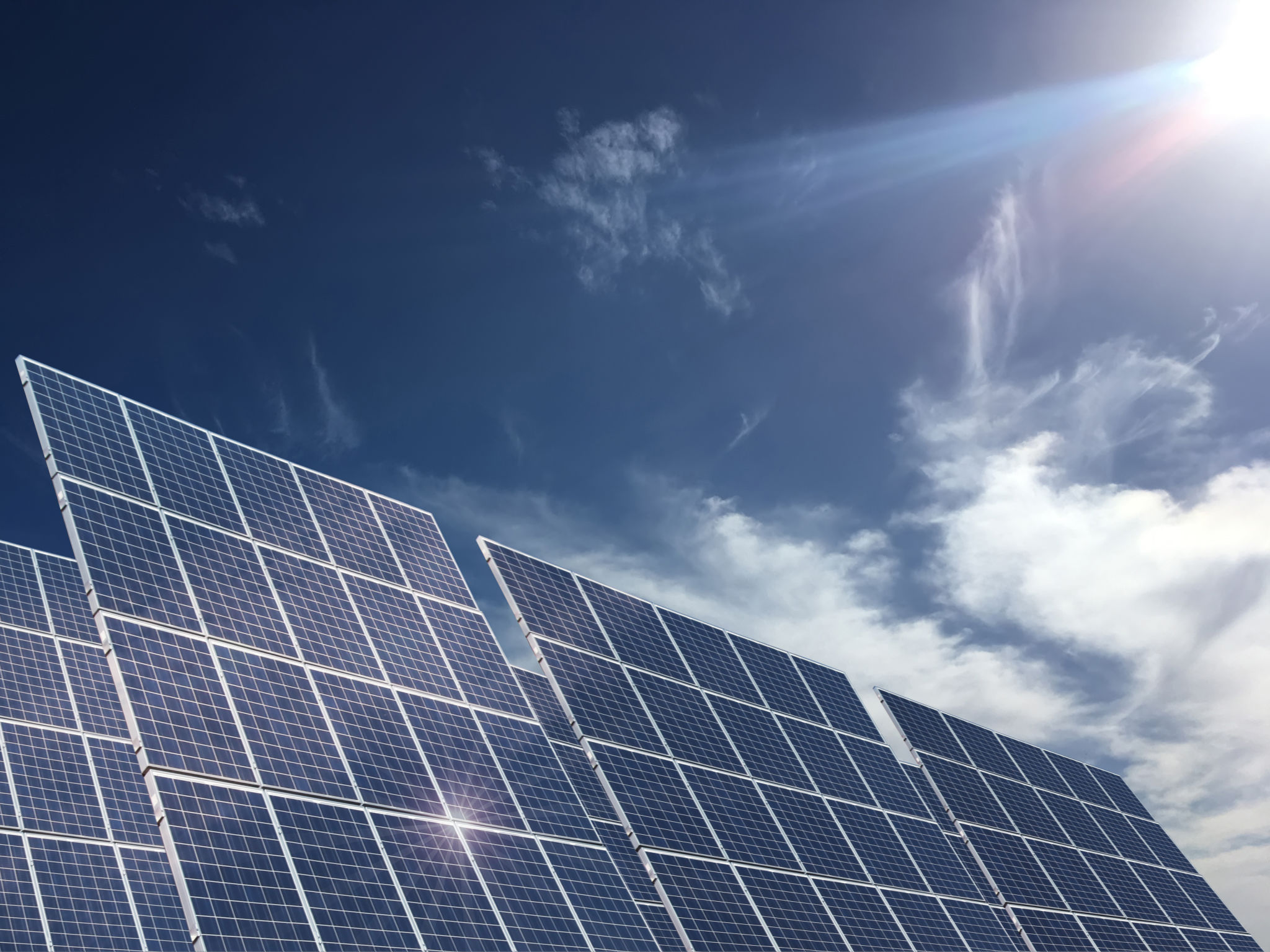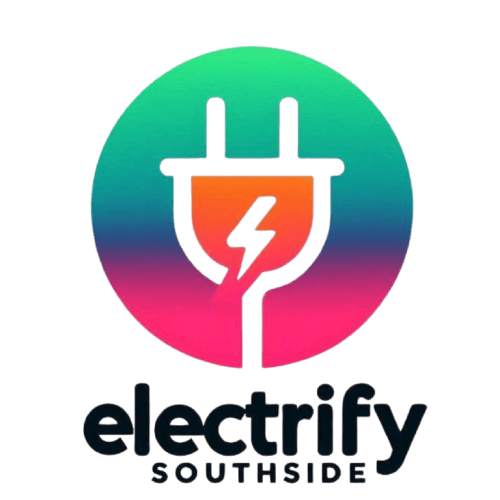The Benefits of Renewable Energy for Local Communities
Understanding Renewable Energy
Renewable energy is derived from resources that are naturally replenished on a human timescale, such as sunlight, wind, rain, tides, waves, and geothermal heat. This form of energy is increasingly recognized as a sustainable alternative to traditional fossil fuels, providing numerous benefits to local communities around the world.

Economic Growth and Job Creation
One of the most significant advantages of renewable energy is its potential to stimulate economic growth and create jobs. Investing in renewable infrastructure requires manpower for installation and maintenance, leading to job creation in local areas. These jobs often offer competitive salaries and can contribute to reducing unemployment rates in communities.
Moreover, the growth of the renewable energy sector can attract businesses and investors to a region, further boosting the local economy. Small towns and rural areas, in particular, can benefit from the influx of new opportunities brought about by renewable energy projects.
Environmental Benefits
The shift to renewable energy sources helps reduce greenhouse gas emissions and mitigate the effects of climate change. By relying on clean energy, communities can improve their air and water quality, contributing to a healthier living environment. This reduction in pollution is crucial for protecting local ecosystems and biodiversity.

Additionally, renewable energy projects can help preserve natural resources by reducing the dependence on non-renewable sources, such as coal and oil. This preservation is vital for maintaining the ecological balance and ensuring that future generations have access to necessary resources.
Energy Independence and Security
Renewable energy provides local communities with the opportunity to achieve energy independence. By harnessing locally available resources like wind and solar power, communities can reduce their reliance on imported fuels. This independence enhances energy security and reduces vulnerability to external market fluctuations.
Furthermore, decentralized renewable energy systems can improve resilience against natural disasters or grid failures. Communities with their own renewable energy installations are better equipped to maintain power during emergencies, ensuring essential services remain operational.

Community Engagement and Empowerment
Renewable energy projects often involve local stakeholders in planning and decision-making processes, which fosters community engagement and empowerment. This involvement ensures that projects align with the community's needs and values while promoting a sense of ownership and pride among residents.
Community-based renewable projects can also generate additional revenue streams that can be reinvested in local amenities, schools, or healthcare facilities. This reinvestment strengthens the social fabric of communities and improves overall quality of life.
A Path Toward Sustainable Development
By adopting renewable energy solutions, local communities can take significant steps toward sustainable development. Not only do these initiatives support environmental stewardship, but they also contribute to long-term economic stability and social well-being. As more communities embrace renewable energy, they set a powerful example for others to follow, paving the way for a cleaner, greener future.
